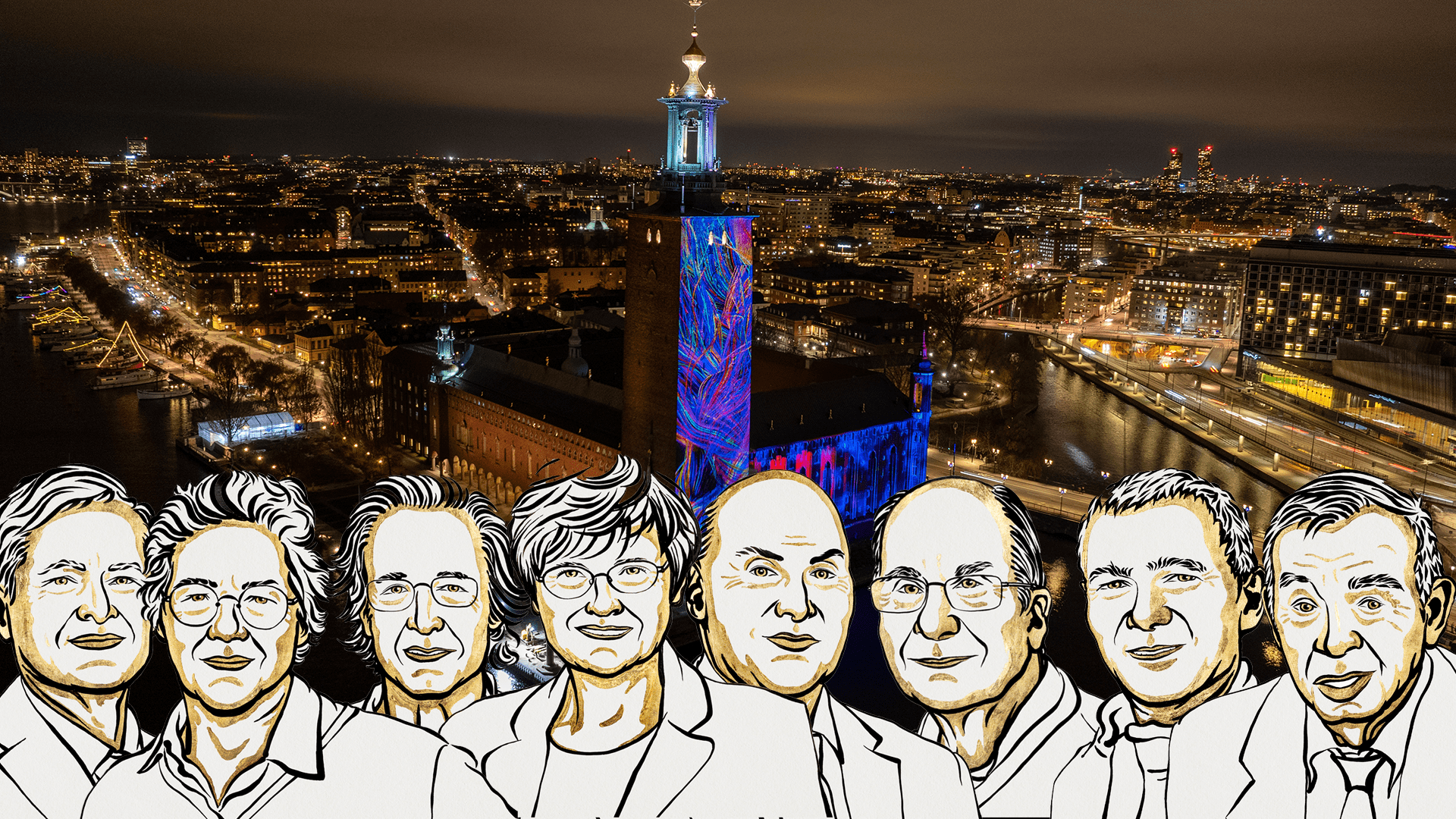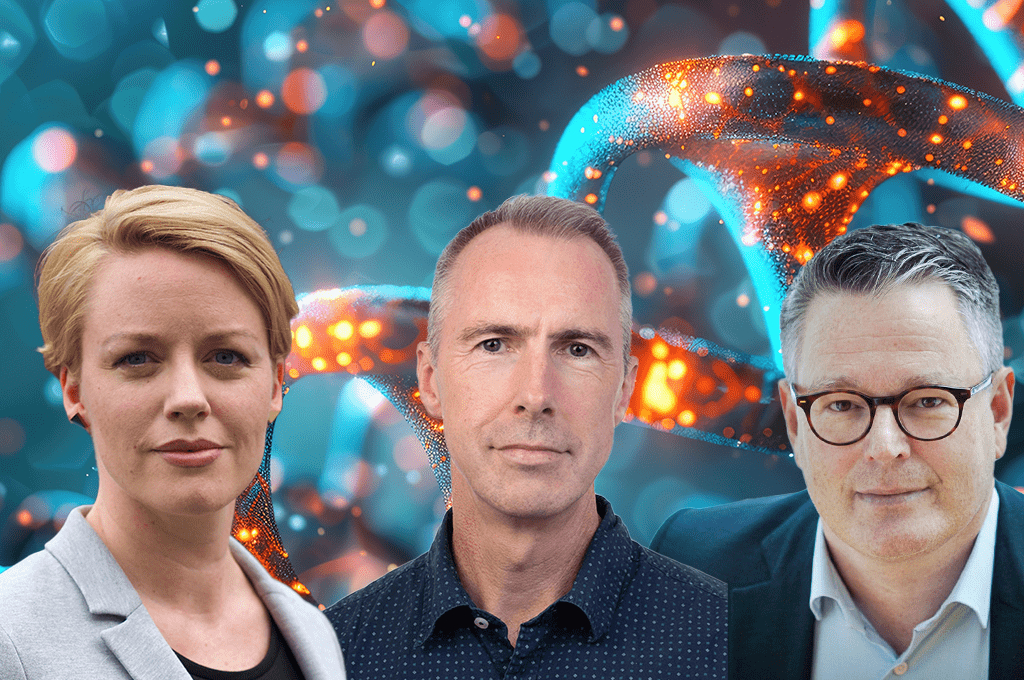Annual tribute to science – on Nobel Prize 2023
The first week of October is always a festive week for science, with the announcements of the recipients of the Nobel Prizes in Physiology or Medicine, Physics, and Chemistry.
The Nobel Prize in Physiology or Medicine 2023 was awarded jointly to Katalin Karikó and Drew Weissman “for their discoveries concerning nucleoside base modifications that enabled the development of effective mRNA vaccines against COVID-19”.
The SciLifeLab Pandemic Laboratory Preparedness program conducts research on Covid-19 and future pandemics with support from the Knut & Alice Wallenberg Foundation.
“Working on strengthening Sweden’s pandemic laboratory preparedness, I cannot strongly enough emphasize the importance of effective vaccine development. In the case of the Covid-19 pandemic, the results of Katalin Karikó and Drew Weissman were decisive for the outcome of the pandemic. It also shows the importance of basic research in infection biology and immunology- basic research today can be applied research tomorrow” says Staffan Svärd, Scientific lead of SciLifeLab’s Pandemic Laboratory Preparedness Program.
On October 3, The Royal Swedish Academy of Sciences announced the decision to award the Nobel Prize in Physics 2023 to Pierre Agostini, The Ohio State University, Columbus, USA; Ferenc Krausz, Max Planck Institute of Quantum Optics, Garching and Ludwig-Maximilians-Universität München, Germany and Anne L’Huillier, Lund University, Sweden “for experimental methods that generate attosecond pulses of light for the study of electron dynamics in matter”.
The Nobel Laureates in Physics 2023 are being recognized for their experiments, which have presented new tools for exploring the world of electrons inside atoms and molecules. Pierre Agostini, Ferenc Krausz, and Anne L’Huillier have demonstrated a way to create extremely short pulses of light that can be used to measure the rapid processes in which electrons move or change energy.
MAX IV Laboratory is a Swedish national laboratory providing scientists with the most brilliant X-rays for research with Lund University as the host university. ”The Nobel Prize laureates in physics for 2023 have illuminated the path to understanding electrons on a new level of resolution. Their groundbreaking experiments have laid the foundation for powerful tools to explore processes of electron motion and energy changes. MAX IV Laboratory is proud to celebrate and support their work in advancing our knowledge of the subatomic realm”, says Marjolein Thunnissen, Life Science Director at MAX IV Laboratory and steering group member of the national research infrastructure collaboration project InfraLife.
The Nobel Prize in Chemistry 2023 was announced on October 3, and this year’s prize is awarded to Moungi Bawendi, Louis Brus, and Alexei Ekimov “for the discovery and synthesis of quantum dots”, which is a new type of materia.
Photo: Benoît Derrier
Illustrations: Niklas Elmehed © Nobel Prize Outreach





